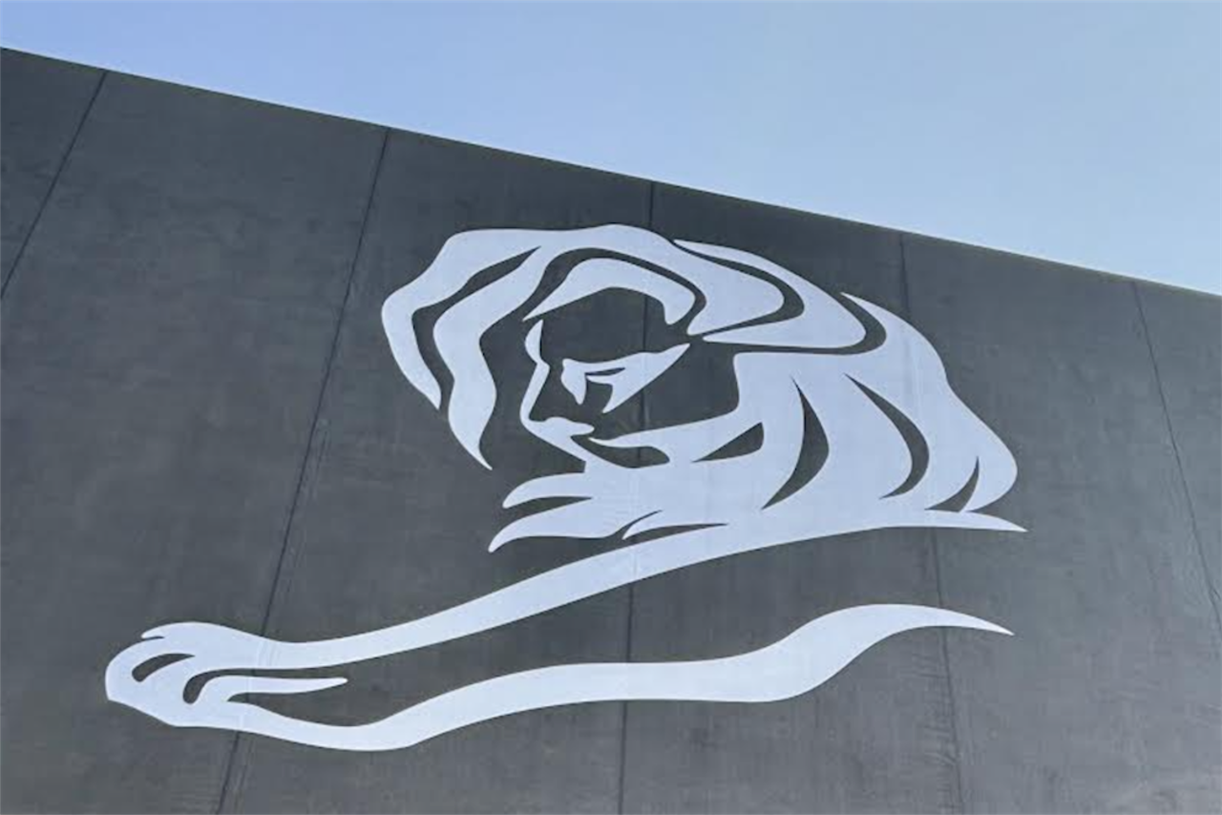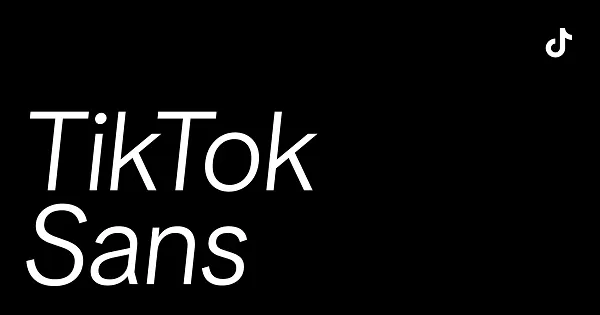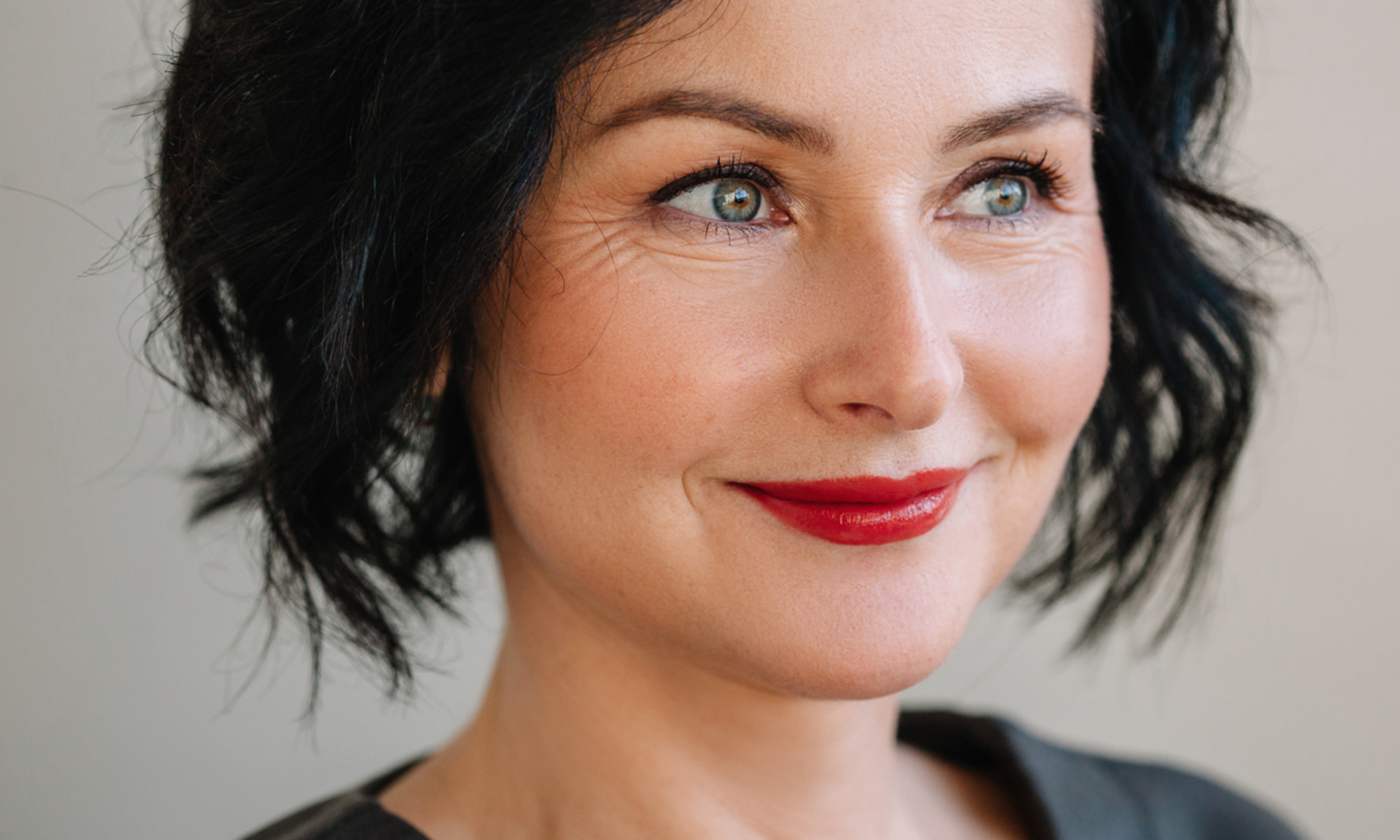Ukraine is 'not ready to surrender or capitulate' to Russia, foreign minister says
Ukraine has vowed that it will not surrender to Russia, as talks are held between delegates from both countries.
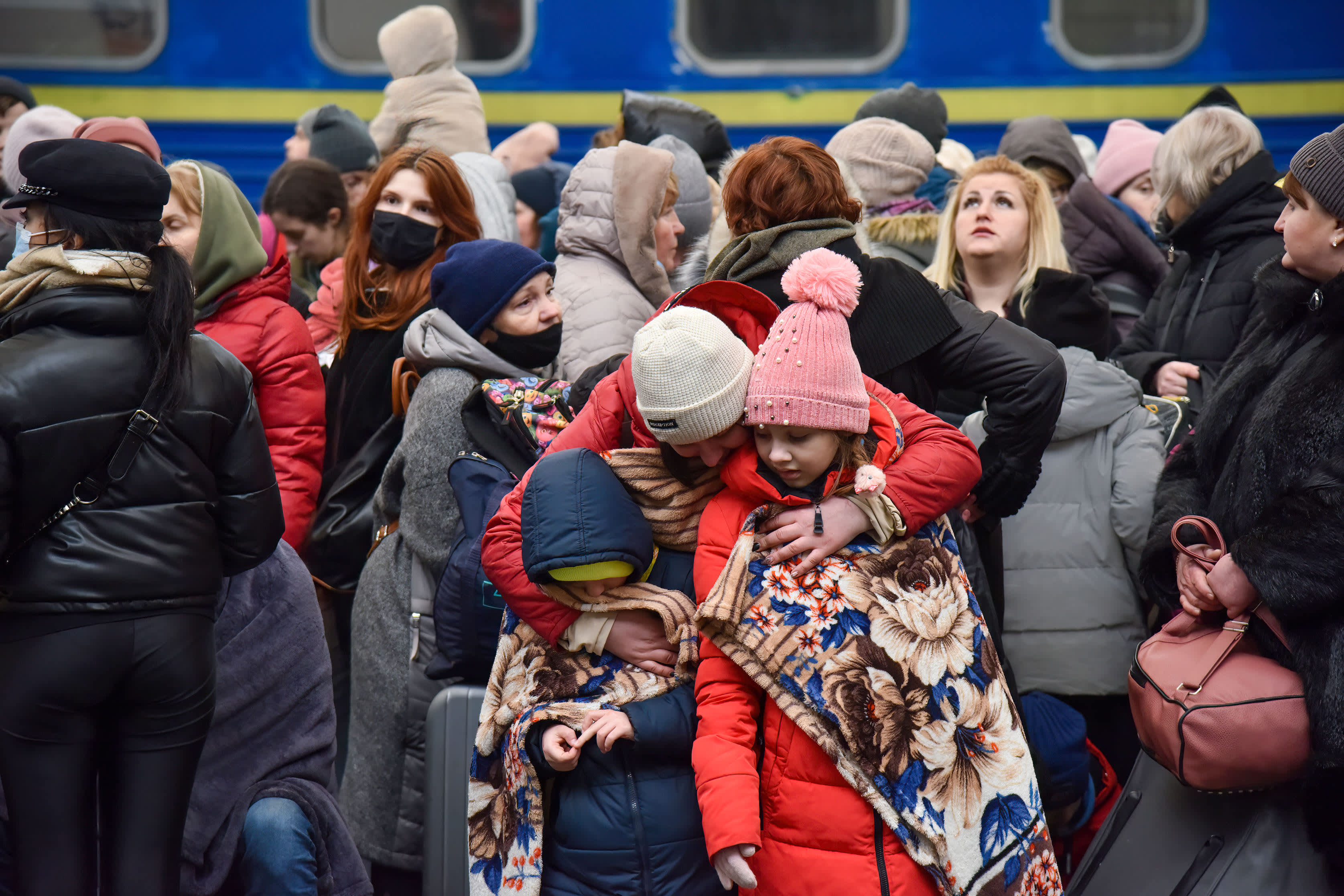
Ukraine has vowed that it will not surrender to Russia, as talks are held between delegates from both countries following days of clashes across Ukraine.
"Ukraine is ready to continue seeking a diplomatic solution, but Ukraine is not ready to surrender or capitulate," Foreign Minister Dmytro Kuleba told CNBC's Hadley Gamble on Monday.
The comments come as Ukrainian and Russian officials hold talks in Belarus, which neighbors the two countries, aimed at de-escalating hostilities following Russia's invasion of Ukraine last week.
Going in to the discussions, Ukraine said it wants an immediate ceasefire and the withdrawal of Russian forces which have attacked various cities and areas of northern, eastern and southern Ukraine. Meanwhile, troops are approaching the capital Kyiv from the north.
Kuleba said he did not know whether the talks were still ongoing and was unconvinced they would be successful.
"I'm a diplomat, I have to believe in the success of talks, but at the same time my main goal as a diplomat now is to impose more sanctions on Russia, to bring more weapons to Ukraine and to isolate Russia as much as we can in the international arena so I'm focused on this part of diplomacy," he said
"We stand not only for ourselves but for the world order as we all know it," he added.
Russia has conducted attacks both on the ground and by air, with major cities reporting shelling and damage to buildings, as well as the loss of both soldiers and civilians.
The invasion has led to a huge number of Ukrainians attempting to flee the country for safety in eastern Europe, although many have also stayed to defend their homes and country.
Every Russian ruble has a mark of Ukrainian blood on it.
Dmytro Kuleba
Ukraine Foreign Minister
Western nations have imposed far-reaching sanctions on Russia's economy and financial transactions, including those related to its central bank. The moves prompted the Russian ruble to nosedive around 29% against the dollar earlier on Monday.
Kuleba said ordinary Russians would bear the brunt of volatility in the currency, noting that "the people of Russia are shocked and they already realize how much they [already] suffer from this unjustified aggression triggered by President Putin."
Kuleba said it was vital for the international community to act as one in "taking a firm, consolidated stance" when it comes to not supporting Russia's financial transactions, noting that "every Russian ruble has a mark of Ukrainian blood on it."
Refugees on the platform of Lviv railway station are seen waiting for trains to Poland on Feb. 27th, 2022.
Pavlo Palamarchuk | Lightrocket | Getty Images
Analysts believe that Russia has, so far, not made as much military progress as it would have hoped. Its forces have met strong resistance from Ukrainian troops and citizens who have been armed by the state.
Russia's invasion of Ukraine is widely seen as an attempt by President Vladimir Putin to maintain Moscow's influence and control over its neighbors and former Soviet states, as well as preventing the expansion of the Western military alliance NATO.
Ukraine's government has sought to move out of Russia's orbit in the last two decades, and aspires to membership of NATO and the EU. President Volodymyr Zelensky called on Monday for the EU to allow it join the bloc immediately, although usually this process is long and drawn out.
Putin has tried to justify the invasion of Ukraine as Russia protecting its citizens in the country. Moscow announced last week that it would recognize the independence of two pro-Russian, self-proclaimed republics in eastern Ukraine — a move that turned out to be the precursor of a full invasion.

 Kass
Kass 








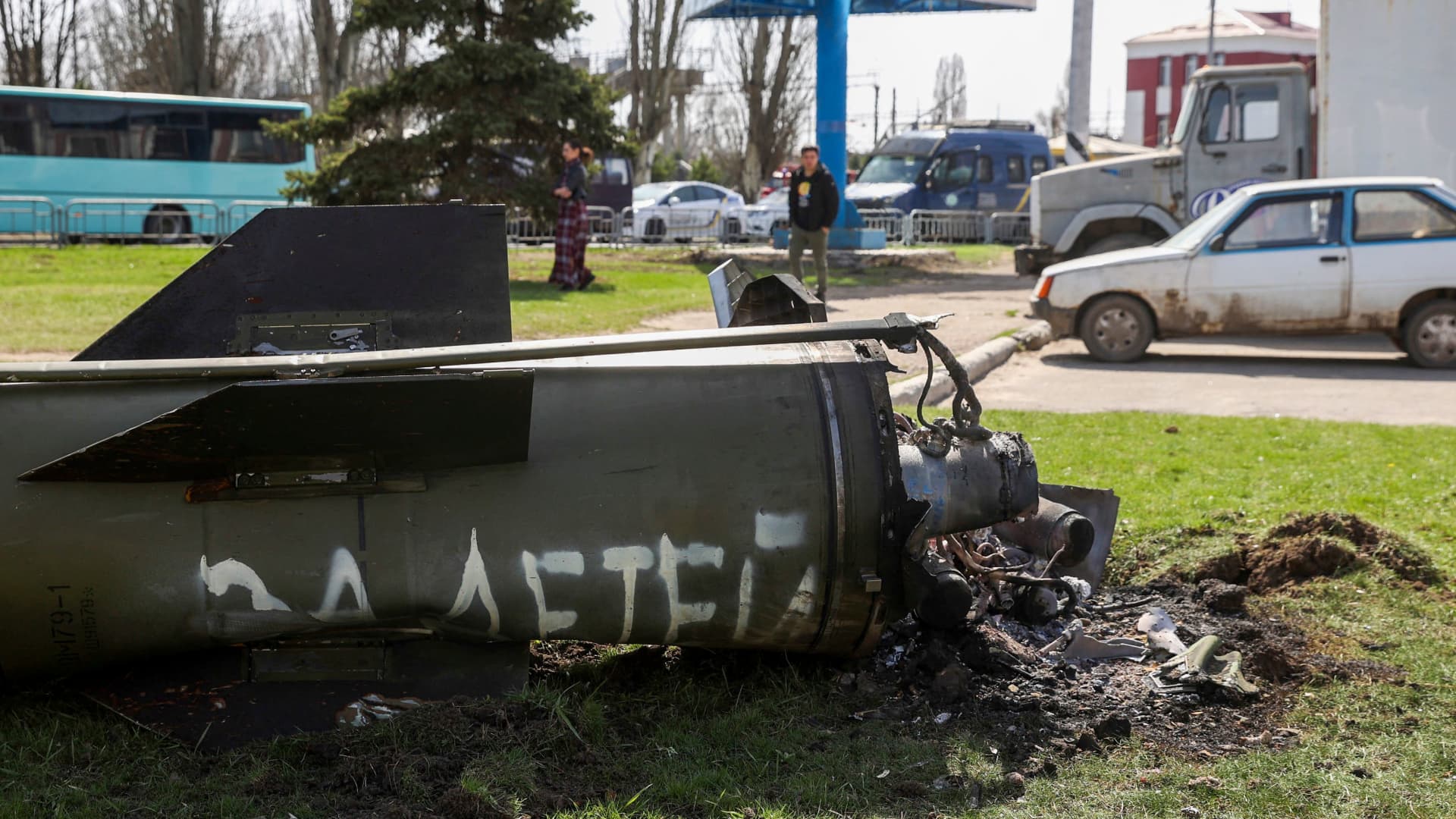
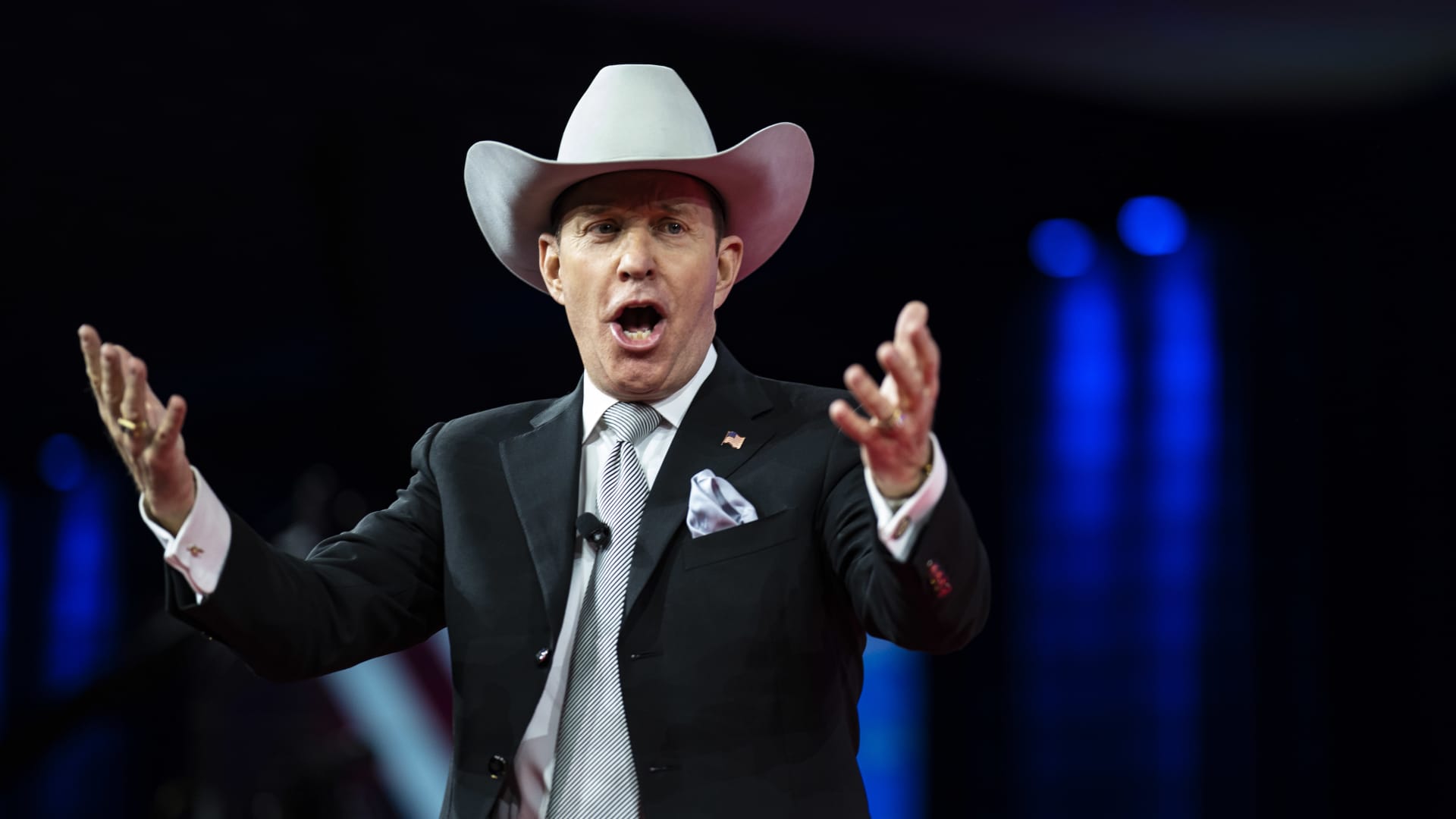
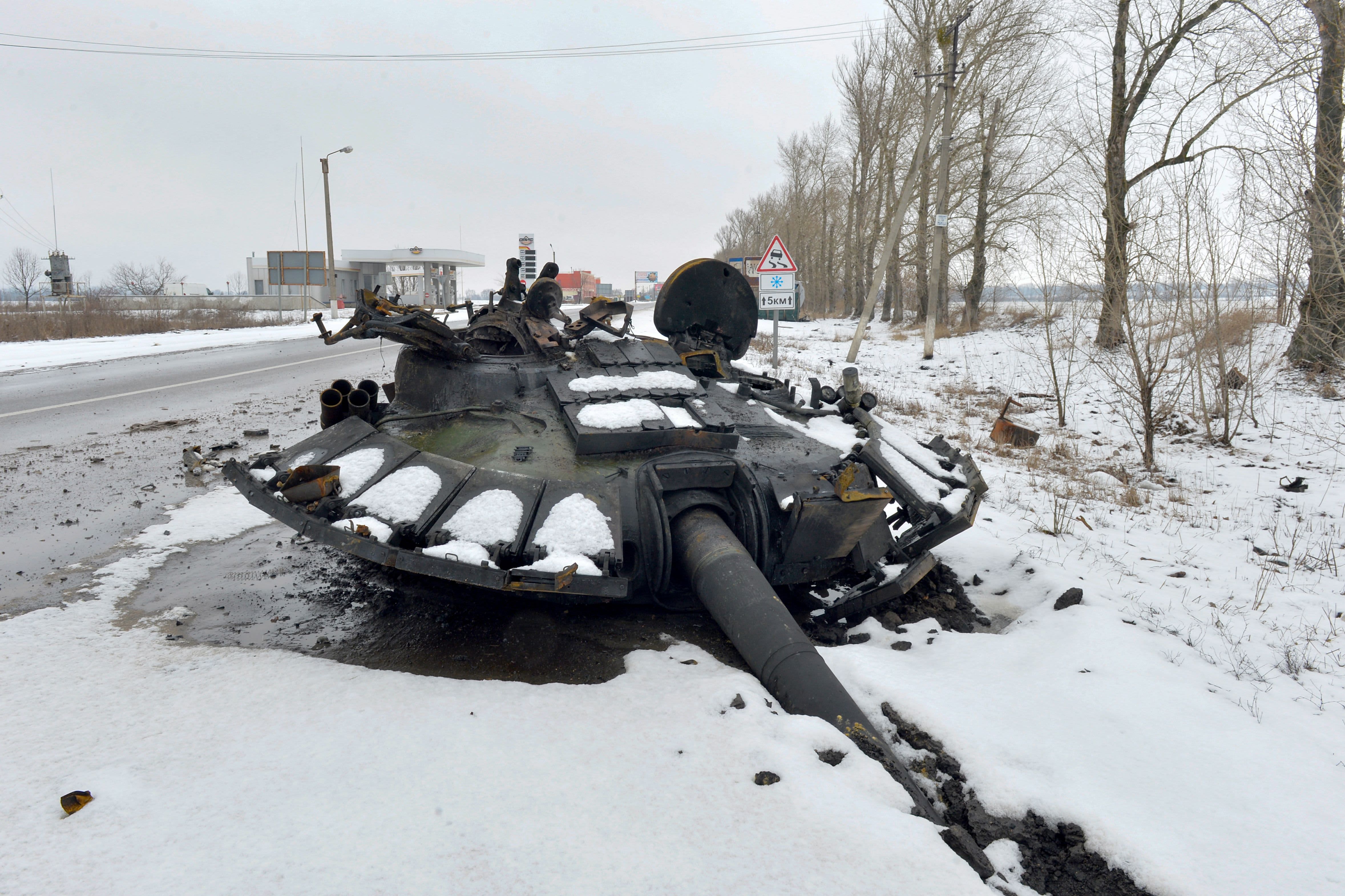

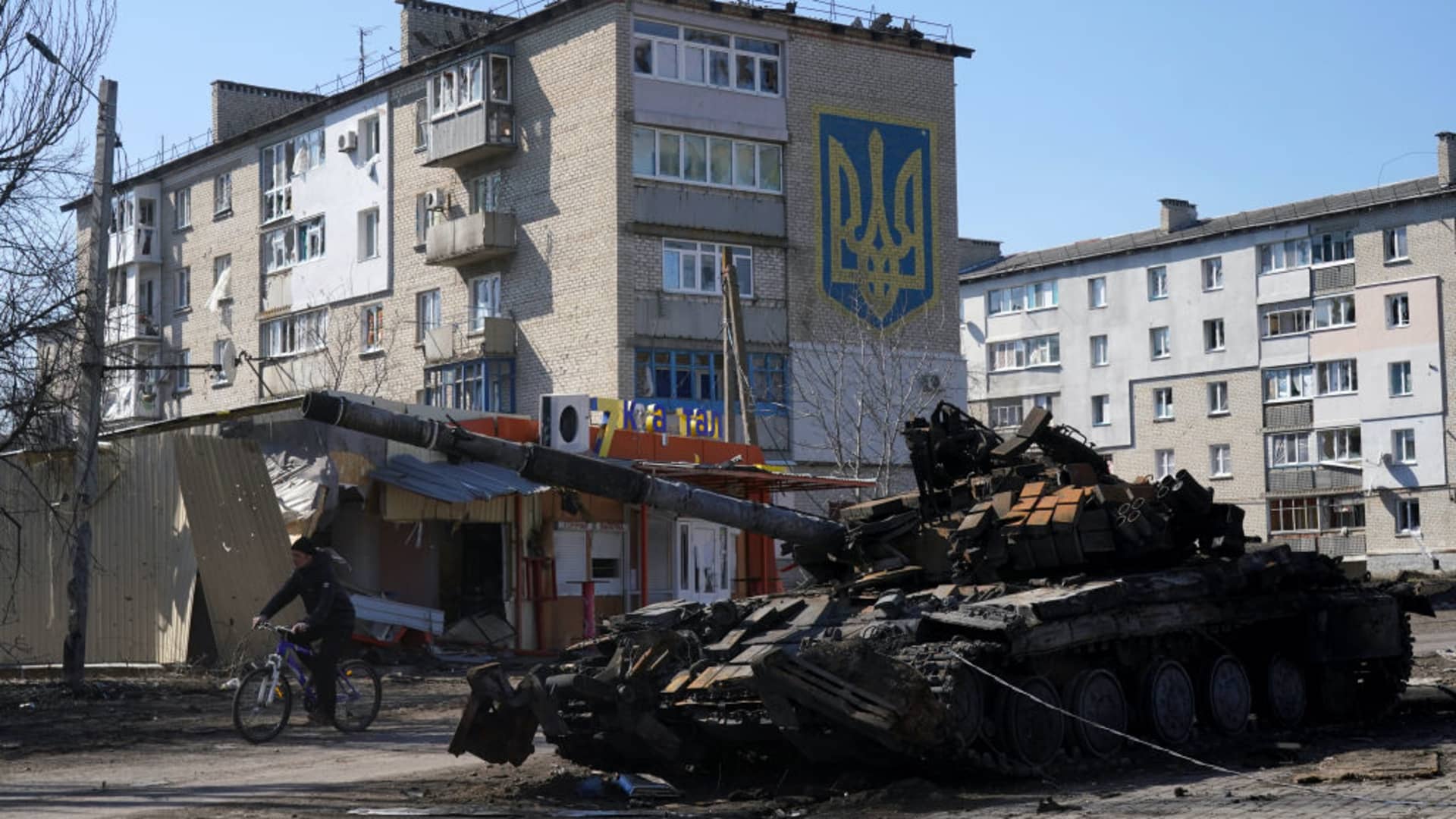








![Run An Ecommerce SEO Audit in 4 Stages [+ Free Workbook]](https://api.backlinko.com/app/uploads/2025/06/ecommerce-seo-audit-featured-image.png)

